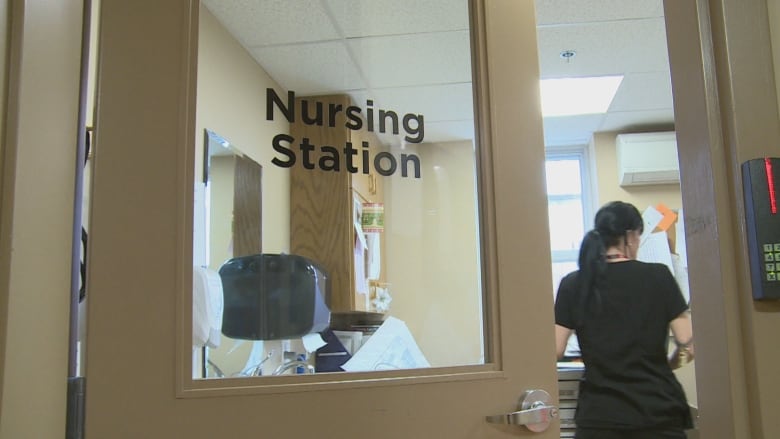Doctors to be assigned virtually to Manitoba First Nations during COVID-19 pandemic
Special team from the U of M's Indigenous health unit to work remotely

As more Manitoba First Nations continue to shut access to their communities, doctors are preparing to treat their on-reserve patients remotely.
The response plan for about 20 remote Northern First Nations is being co-ordinated by Ongomiizwin – Indigenous Institute of Health & Healing at the University of Manitoba.
The department provides health care to northern Dene and Cree communities as well as those in the Island Lake area and to First Nations in the southeast part of the province and Swampy Cree area.
"It is not business as usual and it is all hands on deck and being as creative as we could possibly be so that we are as responsive as we need to be," said Melanie MacKinnon, head of the institute.
She said the department will deploy doctors and specialists virtually during the COVID-19 pandemic but specifics on how it will work are still being ironed out and plans continue to change.

"What we want to do now is have more intensive support. So virtually assign physicians to communities. We want to explore different platforms and technologies that of course are maintaining privacy laws."
MacKinnon said it is important for First Nations to have special care during the pandemic and pointed out that during the H1N1 pandemic in 2009, First Nations rates of transmission and illness were seven times higher than for the average Manitoban.
"Why we need to work with First Nations is to ensure that we're bridging provincial and federal health systems that are responding to our unique needs and special circumstances."
Some doctors will still be deployed in person
MacKinnon said special precautions are being taken for the doctors who will still be deployed in special circumstances to First Nations.
"We've worked hard on some risk stratification to ensure that we're only deploying low-risk providers. We've also worked with other communities with respect to their volume and their size and in-person essential services (are) required in several communities."
Many First Nations have closed their borders in recent days and weeks and aren't allowing their own residents to leave or guests to come in as part of efforts to prevent COVID-19 from entering their communities.
In the Nisichawayasihk Cree Nation, a community about 670 kilometres north of Winnipeg, Chief Marcel Moody isn't yet sure if nurses who've travelled out of the province will be allowed back on the reserve even though they are considered essential.
Moody said his first nation, also known as Nelson House, is in total lockdown. There's a ban on alcohol and a new curfew from 10 p.m. until 6 a.m. to keep people in their homes. Moody fears coronavirus entering his community for myriad reasons.
Limited supplies on reserve: chief
"There's so many people in our community with underlying health issues, our homes are overcrowded and we don't necessarily have all the cleaning supplies for people to disinfect their homes and a lot of people are not following the social distancing and all the messages we're asking people to follow."
The chief said the reserve has some supplies for the pandemic but needs more from Health Canada to be properly prepared. "They're only sending us limited supplies and we're trying to order some ourselves directly with our vendors."

Indigenous Services Canada said in a statement that health care facilities in all 63 Manitoba First Nations communities have been provided with a one-month supply of personal protective equipment for health care providers.
MacKinnon said Ongomiizwin doctors already field emergency calls from nurses at nursing stations around the province. She said during the pandemic, the focus will also be on maintaining essential services and chronic care for patients without COVID-19 who still need care.
Latest local news:
- Community transmission has started in Winnipeg
- Manitoba eases registration hurdles to bring former nurses back to work
- Staff in isolation after health-care worker at St. Boniface Hospital tests positive
- Doctors to be assigned virtually to Manitoba First Nations
- Province seeks hotels, accommodations for Manitobans during pandemic
- Economic reality of COVID-19 like 'a bad dream every day'
- Manitoba K-12 schools closed indefinitely
Moody hopes his community's lockdown will prevent someone with COVID-19 from infecting his First Nation.
"People generally are anxious and we want to do whatever we can to prevent this virus from entering our community. They're going to have a devastating effect if it comes to our community and we're taking all steps and measures to prevent it."

